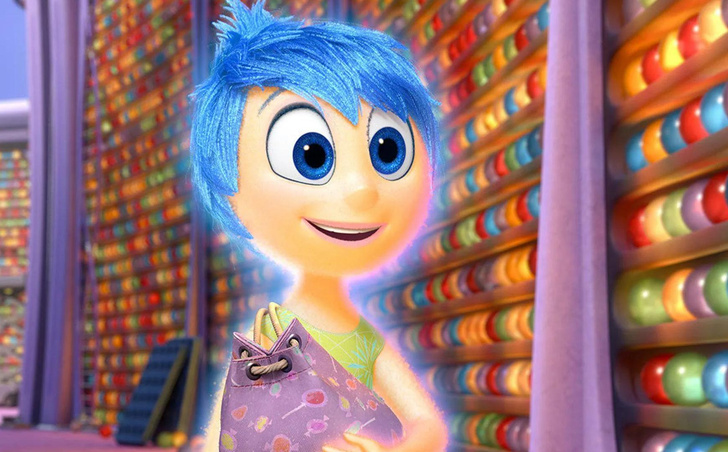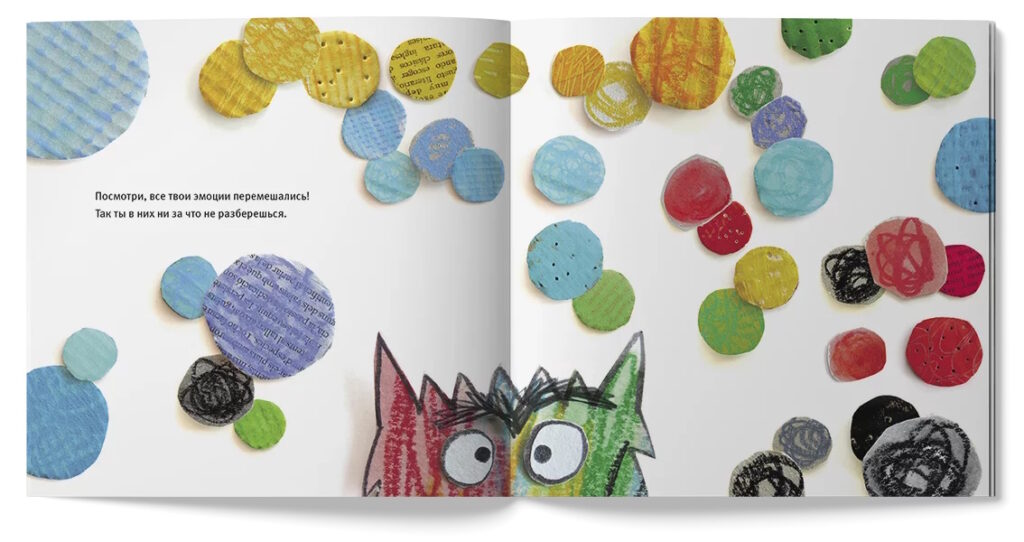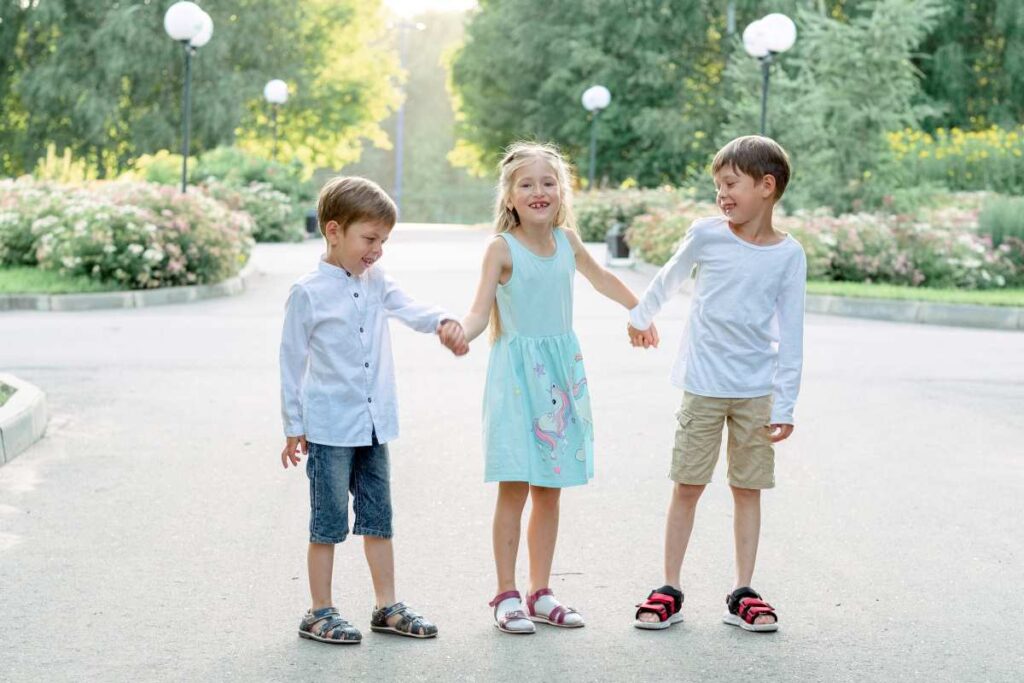Not long ago, the term inophone (or foreignophone) was used mostly by speech therapists and educators. Today, every second child from an immigrant family fits this definition. At the same time, more and more people are googling “Who are inophones?”
We explain everything below.
An inophone is a person who finds themselves in a new linguistic and cultural environment—different from the one they’re used to. For example, a Russian-speaking child who moves abroad and doesn’t yet speak the local language is considered an inophone.
More details?

Let’s take two families:
- In the first family, the mom - Hispanic, Dad - Russian-speaking, the child speaks both languages, goes to a Spanish-speaking school, and in the evening calls his grandmother and tells her in Russian how his day went. This child - Bilinguals. We have written about the advantages of bilingualism this article.
- The second family is entirely Russian-speaking: mom, dad, and 9-year-old twins. They recently moved to Italy. The parents studied Italian in school and have taken some English courses—they can handle basic conversations and grocery shopping. But the twins speak only Russian. They are inophones. As we said earlier, inophones are children immersed in a new language environment without the ability to communicate in it.
What Challenges Do Inophones Face?


- Learning. Inophone children often struggle in school. They don’t interact with classmates or ask teachers for help, which affects their academic performance.
- Socialization. Surrounded by speakers of a foreign language, they can feel lost and isolate themselves.
- Emotional wellbeing. Anxiety and irritability are common. They may become withdrawn or more aggressive.
- Health. Stress can negatively impact cognitive development and even digestion.
How to Help an Inophone Child Adapt?
- Take care of yourself first. Children are very sensitive to their parents’ emotions. If you’ve just moved to a new country, stabilize your own emotional background first. Organize your household, find local support (including psychological if needed), and settle in.
- Give your child space to express emotions. Talk about feelings, ask how things are at school, and whether friendships are forming. Show warmth and care.
- Encourage connections in the new language. Enroll your child in local language classes. Ask whether the school has support groups for newcomers. Stay in touch with teachers. - inophone class, enlist the support of your teachers.
- Maintain your child’s identity. Explain that even in a new country, their cultural roots are still important. Celebrate familiar holidays, talk about Russian traditions and sayings, and keep developing their Russian language skills.
- Understand that adaptation takes time. A child may go through culture shock. Adapting to a new language and culture can take 2 to 4 years—and that’s completely normal.
What to Read and Watch Together?
Books and cartoons can help a child understand and talk about their emotions and cultural changes. Here are a few suggestions:
Cartoons for Inophones


“Coco” – A story about family traditions and remembering your roots.


“Inside Out” – A thoughtful cartoon about emotions and how we process them.


“Pocahontas” – About cultural differences, respect, and language barriers.
Books for Inophones


“The Color Monster” («Разноцветный монстрик») – A picture book that introduces emotions in a simple and creative way.


“The Angry Volcano” («Вулкан, который злится») – A comic-style book about handling anger.


“Gaston’s Emotions” («Эмоции Гастона») – A story about a unicorn whose mane changes color depending on how he feels.
Our teachers use the most effective methods for teaching Russian to foreign-speaking children. According to feedback from parents, many kids begin speaking their first Russian phrases after just a few lessons. It’s especially heartwarming when a child calls their grandmother in Russia and says something in Russian for the first time.
👉 You can try a free online Russian lesson for your child by submitting a request below:







